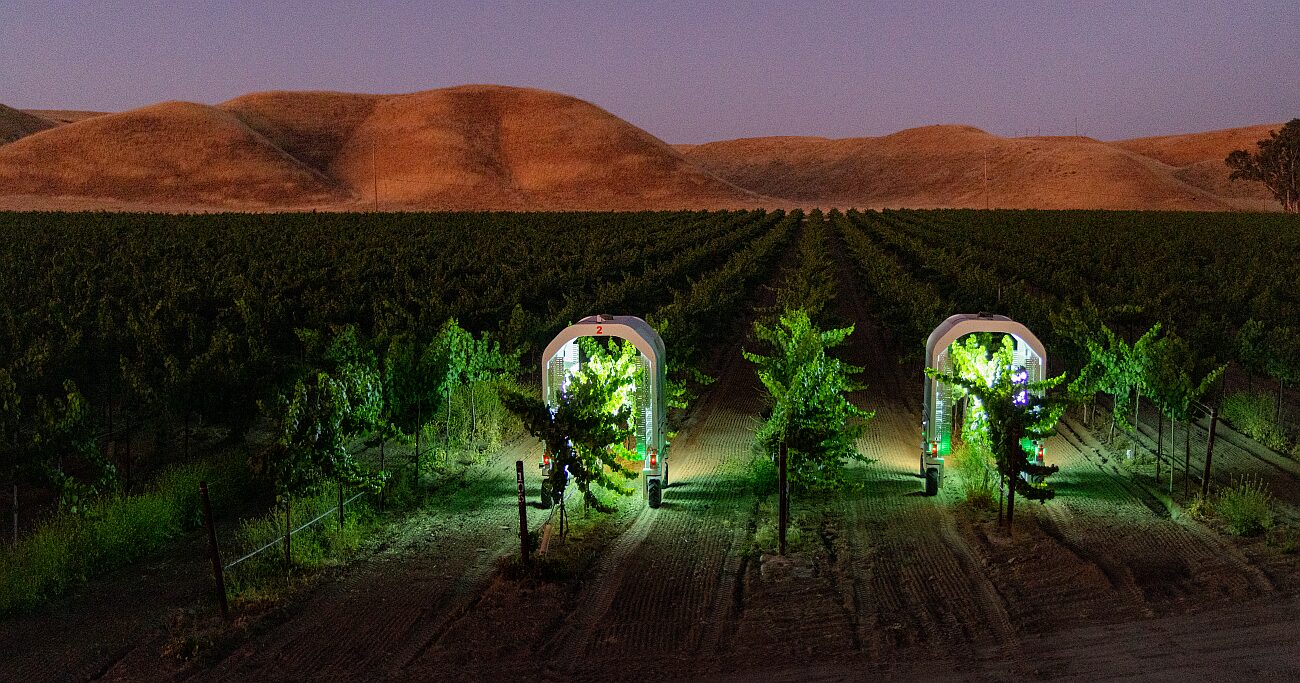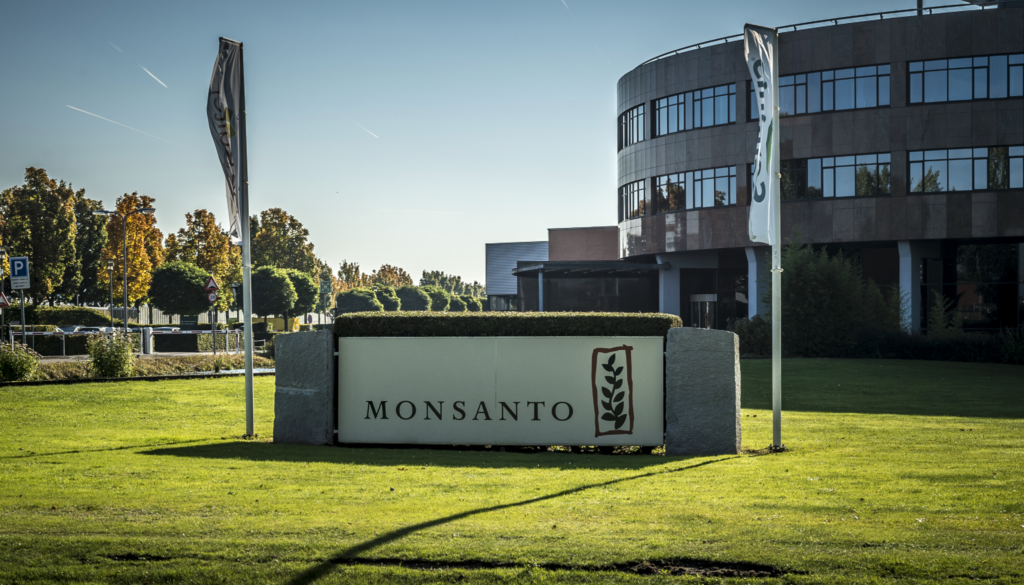Culver City, here they come. Last year's historic launch of S.O.R.B.E.T. at Fort Mason spawns a new southern California tasting this year. May 3 is the date.
See the post as intended - at Substack. https://organicwineuncorked.substack.com/p/la-save-the-date-sunday-may-3-sonoma
K&L Wines is bringing Sonoma Valley’s organic, regenerative and biodynamic winemakers (S.O.R.B.E.T.) and wines to Culver City for a grand tasting May 3. It’s the first time this group has poured at a K&L store or in SoCal.
Here all about it on The Wine Makers podcast.
The inspiration for the SoCal tasting came from K&L’s domestic wine buyer Ryan Woodhouse and Bedrock vintner Morgan Twain-Peterson who’ve connected. The Sonoma group had wanted to do a tasting in LA but the logistics were complicated. Thus, a great partnership was born.
K&L is also celebrating its 50th anniversary this year with a number of special tastings. And it is also opening a new store in New York City (announcement TBD).
California Wine Stars to Pour for SoCAL
This year is expected to bring together several dozen wineries, including some of the biggest stars–historic Hanzell, Bedrock, and Winery Sixteen 600, to name just a few.
Organizers pointed out, the S.O.R.B.E.T. tasting will feature a wide variety of wine styles and varietals.
The 2025 event featured 47 wineries pouring to a sold out crowd and also marked the debut of its signature, organic cotton teeshirt
“There’s already quite a few producers that are involved in S.O.R.B.E.T. that we work with and lots that I’m excited to start working with,” said Woodhouse. “I just thought it would great and mutually beneficial.”
S.O.R.B.E.T. started in 2025, after Sonoma Valley organic growers and vintners saw postings on Instagram of sheep grazing at vineyards they knew had just been sprayed with herbicide. (Not good.) They started trading snarky messages privately to their compadres (not the offending vineyard owners), outraged that herbicide loving vineyard owners would inflict this on rented flocks. And that the consumer might think the sheep were being responsibly treated.
As the organically farming community coalesced, they calculated that about at least 20 percent of the acreage in the Sonoma Valley appellation was either certified organic or farmed organically.
S.O.R.B.E.T. ’s Unique Requirement: Pesticide Use Report
To participate in S.O.R.B.E.T. tastings, producers must submit a pesticide use report (PUR) to the organizers showing they have not used any sprays prohibited under organic regulations. Required in California by state law, that standard report is submitted to state authorities annually and documents the sprays each grower uses. Organic farming does not allow synthetic herbicides, fungicides, insecticides or synthetic fertilizers.
Organic certification is not required, but using only materials permitted by organic regulations is a requirement.
The PUR for any property is publicly available from local county Ag Commissioners upon request. (I read them all the time).
Other specialized “eco” tastings have different standards.
• “Sustainable” wines do not require listing sprays used in order to pour at events.
• Raw Wine (a natural wine fair) does not require PURs, calls for organic farming (but does not require proof, partly because only California has PUR proof), does require native fermentation, and caps added sulfites and additives used in the winemaking process.
• Slow Wine does not require organic farming but does require producers to be transparent (in the winery entry in the book), describing materials used for plant protection, weed control and fertilizers on all vineyard sources (not just their own estates). Wines featured in the guide must be farmed without herbicide (though wineries can make other wines with herbicide). Many but not all of the wineries in the Slow Wine Guide farm organically and use only native fermentations.
(Speaking of which, the Slow Wine Guide for 2026 will be out shortly. Stay tuned. It is the last year Deborah Parker Wong and I will be the editors. It is a labor of love for us as well as for the 21 field contributors who work with us.)
Fine winemakers use limited amounts of sulfites, so pesticide use, not sulfites, is a good indicator of grape quality and often the resulting wine quality.
Are Consumers Looking for Organically Grown Wines? K&L Rep Says Yes
Speaking on the podcast, Woodhouse said, “We have a customer base that’s interested in it [organically grown wines], but I also see connection between wine quality and the ideology of folks…I think it makes better wine, growing it this way, making it this way. But I also think that’s not the only factor.”
“It is just better for our planet as well… if it tastes better, great, but we’re also doing a lot of positive beyond making great wine.”
Twain-Peterson said he was on a panel recently with Jason Haas, general manager of Tablas Creek, who he said told the group that among wines that carry the “made with organic grapes” designation, sales were up 15 percent year over year. “Which is in the current market a real thing,” Twain-Peterson added.
Grape sales are following a similar trend, he added, saying that Coastal Vineyard Care’s regenerative specialist Jordan Lonborg (formerly vineyard manager at Tablas Creek) said thousands of acres of grapes went unpicked on the Central Coast–which were not those being farmed regeneratively or organically. “Those were the first to go,” Twain-Peterson said. “It was the conventional stuff that usually is going into more production brand or whatever.”
“That’s the stuff that’s really in the crosshairs right now,” he said. “Here around the valley, we sold all our grapes last year,” before joking, “I have liked for them to be a little bit more expensive.”
MJ Towler (left), host of Black Wine Guy podcast speaks with Winery Sixteen 600’s Sam Coturri at the San Francisco debut S.O.R.B.E.T. event held at Fort Mason
Steeped in Organics | Sonoma Valley’s Unique Winegrowing Culture
Three of S.O.R.B.E.T.s’ founders all went to grade school together, providing some of the initial cohesion that got the group started. That group is Sam Coturri from Winery Sixteen 600, Morgan Twain-Peterson of Bedrock, and Katie Bundschu of Abbot's Passage Winery.
Their parents were all winegrowers and winemakers.
Said Morgan, collaboration is “something that I’ve always loved about Sonoma Valley in general…There is an element of community and an element of how can we collectively differentiate ourselves?”
Sonoma Valley does have the highest concentration of organically farmed vineyards in Sonoma County. Phil Coturri, the long time organic vineyard pioneer (and Sam’s father) has played a major role in evangelizing organic farming in Sonoma Valley (and on Moon Mountain) for close to 50 years.
“There is a very cool movement going on in Sonoma Valley,” Morgan continued, “that I think is very separate from what we’re seeing in other areas…And we want more people to be farming like that. Let’s continue the momentum.”
To that end, the group also offered its first Field Day in Feb. to share knowledge with their neighbors and friends.
Burgeoning Consumer Interest and Education
The biggest task ahead is helping consumers understand why better farming matters.
“I definitely think we see more and more interest in it all the time,” said Woodhouse. “I still think it’s something that needs defining in the eyes of the consumer. There’s a lot of confusion around it, which is another reason why I think doing an event like this is excellent.”
“You got a somewhat captive audience… and a bunch of producers that can speak to why they farm the way they do really well. We’re definitely seeing interest in that, especially with people that are in browsing the stores, like wanting that personal interaction–…it’s a little bit harder to know online and everything else, but we definitely mark wines as organic both online and in-store.”
“I think we’re going to see a huge interest in this event.”
See a list of producers at the S.O.R.B.E.T. 2025 tasting here and photos from the event here.













.JPG.jpeg)
